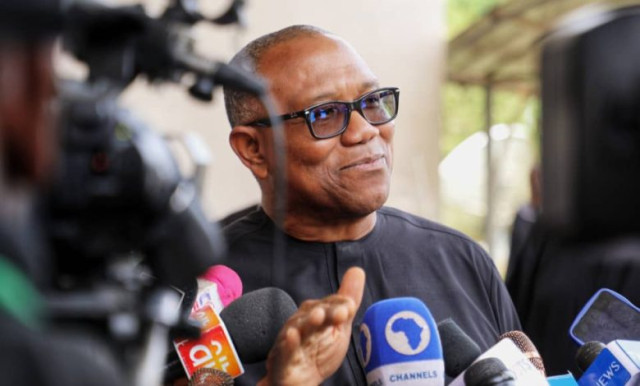In recent months, Nigeria has found itself wrestling with two starkly contrasting narratives. On one side, a disturbing surge in mob violence, often referred to as jungle justice, reflects growing disillusionment with the nation's legal system. On the other hand, Peter Obi, former governor of Anambra State and a prominent political figure, champions youth migration as a practical response to the country's economic and social constraints.
The rise of jungle justice incidents, from Lagos to Port Harcourt, has seen mobs meting out instant punishment to suspected criminals, often with fatal outcomes. These actions, which bypass legal proceedings, highlight a critical erosion of public trust in law enforcement and the judiciary. The trend raises urgent questions about Nigeria's adherence to human rights and its ability to uphold the rule of law.
In the midst of this crisis, Peter Obi presents a different narrative, focusing on the empowerment of Nigerian youths. Through substantial financial contributions to educational institutions and his vocal endorsement of 'Japaa’, a colloquial term for migration, Obi offers a roadmap for youths seeking better opportunities abroad. He sees education and international exposure as essential tools for fostering a skilled workforce that could eventually return to build a more prosperous Nigeria.
Obi's vision aligns with a broader goal of reversing brain drain by ensuring that Nigerian youths who leave for greener pastures can someday reinvest their skills and experiences in their homeland. His message is clear: Nigeria's future depends on tackling its internal crises while equipping its younger generation for success both at home and abroad.
As the nation navigates these intertwined challenges, a strategic leadership response will be pivotal. By rebuilding trust in the judicial system and expanding educational access, Nigeria can aim for a dual victory curbing jungle justice and creating an environment where its talented youth choose to stay and contribute.




















